Some United Nations (UN) experts are deeply concerned over delays in reaching an agreement on the restructuring of Zambia’s debt and its corresponding negative human rights impact on peoples’ lives.
The UN experts are Attiya Waris, Independent Expert on the effects of foreign debt and other related international financial obligations of States on the full enjoyment of all human rights, particularly economic, social and cultural rights, Saad Alfarargi, Special Rapporteur on the right to development, and Olivier de Schutter, Special Rapporteur on extreme poverty and human rights.
The trio in a statement issued in Lusaka on Friday are worried that despite positive reforms undertaken by the government, the delays in sovereign debt restructuring compromise its ability to mobilise and maximise resources for the full realisation of human rights, as per its obligations under international human rights law.
They have noted that in August 2022, Zambia secured a 38-month Extended Credit Facility of US$1.3 billion from the International Monetary Fund (IMF) and at the end of its first review of this programme on April 6, 2023, the IMF Mission recognised the country’s progress as a result of robust structural fiscal and other reforms.
“However, continued delays on debt restructuring pose real risks for retrogression, including with respect to the country’s economic transformation agenda and aspirations for a better standard of living for its people,” they said.
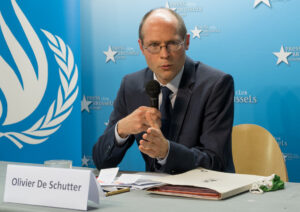
The experts said that while social spending had increased, the economic dividends of sustained reforms and debt relief will go much further in creating the conditions and opportunities on which Zambia’s population can capitalise.
“As per a 2022 UNDP report, more than 54 low-and middle-income countries are under critical debt distress and need urgent relief. Debt burden and prioritisation of debt servicing leads to austerity driven policies contravening international human rights obligations of States including their right to restructure sovereign debt, the trio said.
The experts have urged the Official Creditor Committee for Zambia to aim for and share a concrete timeframe for the conclusion of its deliberations.
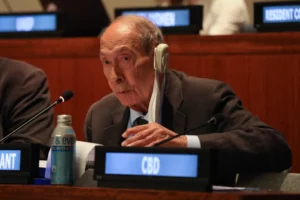
“One of the major reasons for this delay in debt restructuring is the lack of a globally coordinated multilateral sovereign debt mechanism that places traditional and private lenders at an equal footing,
“Despite the proactive steps taken by Zambia, undoubtedly the delay will affect the efficacy of the credit facility programme. There is a window of opportunity in 2023 to enable Zambia and its people to consolidate recent successes and all of Zambia’s partners must step-up,” they said.

The experts have called for a multilateral sovereign debt mechanism under the UN guided by existing human rights frameworks and principles to ensure a rights-aligned recovery for countries suffering from debt distress and a reduced fiscal space.
They have revealed that they are in dialogue with relevant stakeholders, including private lenders, concerning the impact of the unsustainable sovereign debt level on the country’s ability to ensure the realisation of human rights of its population.
WARNING! All rights reserved. This material, and other digital content on this website, may not be reproduced, published, broadcast, rewritten or redistributed in whole or in part without prior express permission from ZAMBIA MONITOR.

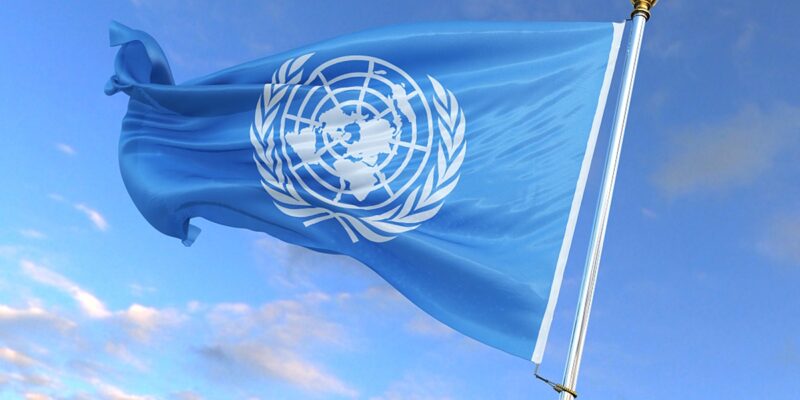


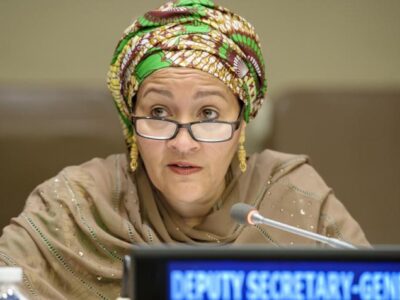


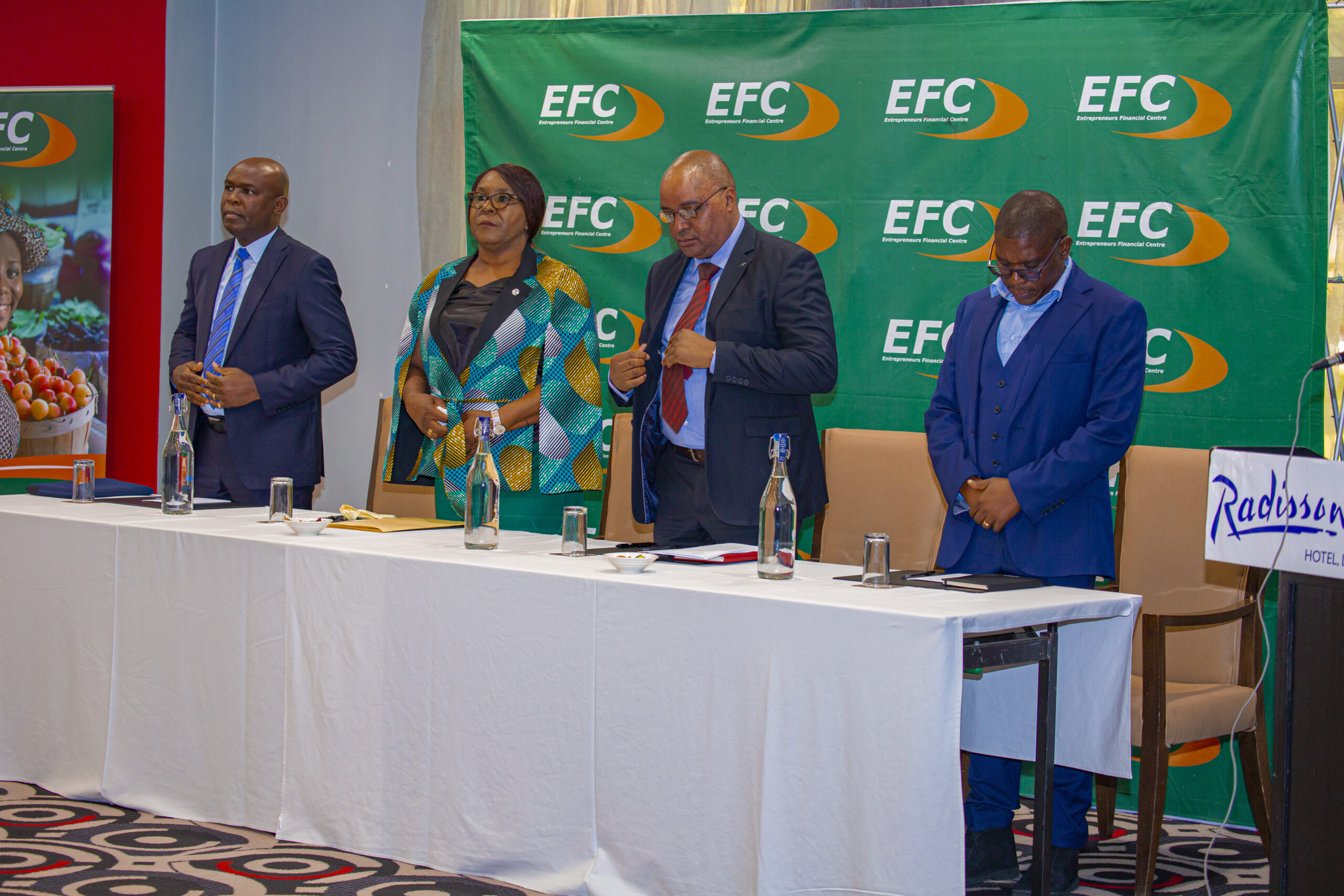




Comments